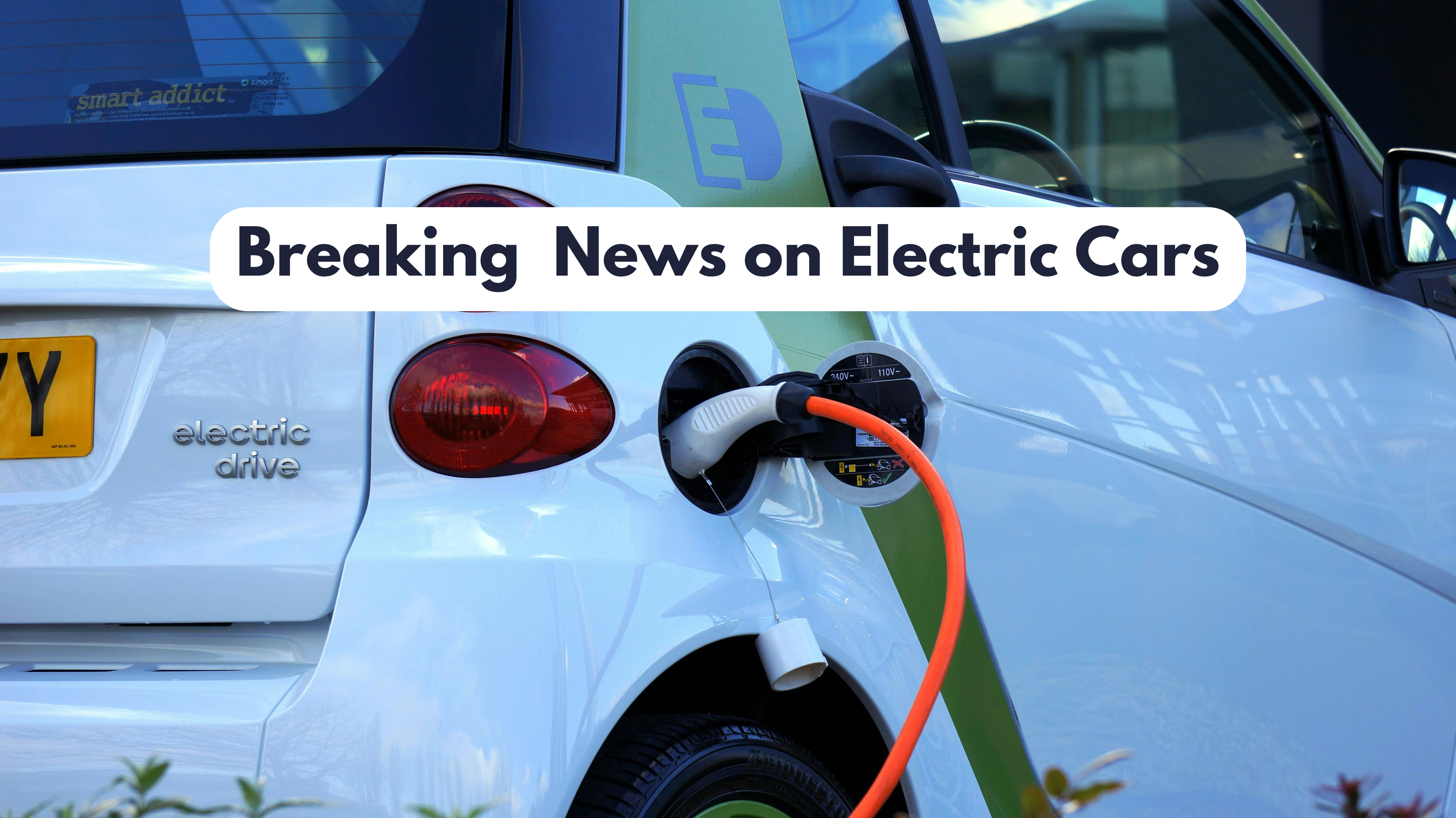The Indian government’s recent approval of a scheme to incentivize electric vehicle (EV) manufacturing has sparked discussions about its potential impact on domestic original equipment manufacturers (OEMs) and foreign players eyeing the Indian market. Under this scheme, OEMs committing to establishing EV plants in India can import foreign-made EVs at a concessional customs duty, subject to certain conditions.
Scheme Overview:
To qualify for the scheme, OEMs must invest a minimum of USD 500 million to set up an EV plant in India, with operations commencing within three years. These plants are expected to achieve 25% localisation by Year 3 and 50% by Year 5. The incentive primarily involves a reduced customs duty of 15% on high-priced EVs (USD 35,000 or above), limited to 8,000 vehicles annually.
Impact on Indian OEMs:
The scheme’s conditions aim to prevent the import of low-priced vehicles, thereby safeguarding the interests of Indian OEMs. Additionally, the absence of specific incentives for output from new EV plants ensures a level playing field between Indian and foreign OEMs. The higher price range for imported EVs (USD 35,000 and above) also aligns with the offerings of Indian OEMs, mitigating direct competition.
Benefit to Indian Car Buyers:
While the scheme may facilitate foreign OEMs’ entry into the Indian market, its primary beneficiaries are Indian car buyers. Lower customs duties on imported EVs translate to reduced prices, making EVs more accessible to consumers. This, in turn, could drive adoption and contribute to the growth of the EV market in India.
Market Dynamics:
Despite the scheme’s potential benefits, the Indian EV market presents challenges. With an electrification rate of only 2% in the passenger vehicle (PV) segment, EV sales remain limited, especially for premium brands. Most EV sales are concentrated in lower price segments, highlighting the importance of affordability in driving adoption.
Conclusion:
The Indian government’s EV policy promotes domestic manufacturing while making EVs more accessible to consumers. By incentivizing investment in EV plants and reducing customs duties on high-priced EVs, the scheme seeks to stimulate growth in the EV market. However, the ultimate success of the policy will depend on various factors, including consumer preferences, affordability, and the ability of OEMs to meet localization targets. As the Indian EV market evolves, stakeholders must adapt to changing dynamics to capitalize on emerging opportunities.




